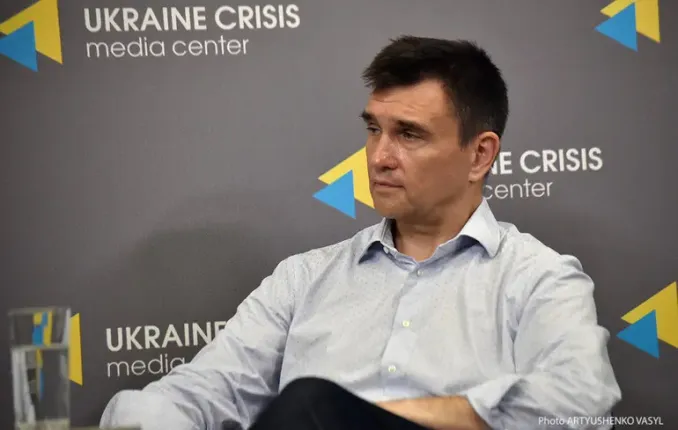Klimkin’s Perspective: How the Absence of Asian Leaders at NATO Summit Could Shift the Situation for Ukraine

In the context of recent developments on the international stage, it is crucial to consider how the decision of Asian countries to abstain from participating in this year's NATO summit may influence regional geopolitics and Ukraine's position. Former Foreign Minister Pavlo Klimkin suggested that this scenario could bring certain advantages for Kyiv. He pointed out that the absence of Asian regional leaders, such as the presidents of South Korea and Japan, creates a diplomatic space for the European Union and NATO to maneuver, reducing potential geopolitical risks associated with Russia and China. Klimkin emphasized that these countries’ reluctance to attend might be motivated by the desire to avoid unpredictable negotiations with U.S. President Donald Trump regarding increased military spending and cooperation. Moreover, this absence removed the threat of accelerated NATO engagement in the Asian region, which could be an advantage for China’s interests. The diplomat noted that this situation benefits Ukraine as China remains wary of Kyiv’s NATO aspirations due to geopolitical risks. Now Kyiv has a chance to influence Chinese perceptions of Ukraine’s security and geopolitical alignment. Regarding the goals and outcomes of the NATO summit in The Hague, they were mainly aimed at strengthening NATO's presence in Europe and partially bolstering Ukraine’s integration efforts. Analyst Volodymyr Kravchenko from ZN.UA described the results as a cautious success, despite certain difficulties. Overall, the situation indicates that Ukraine might gain new opportunities to advance its strategic interests amidst shifting dynamics between Asian leaders and global geopolitical players.

